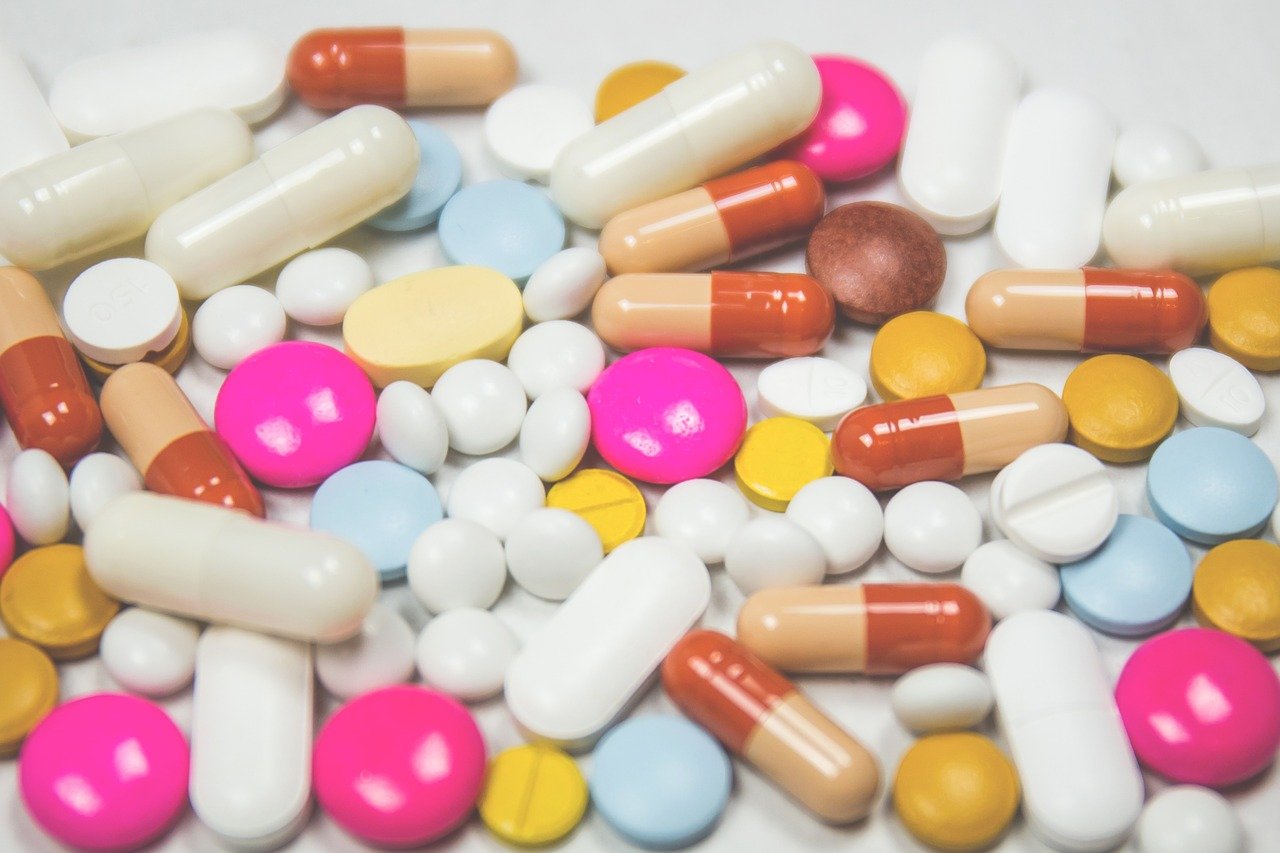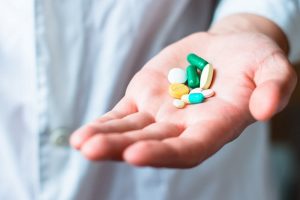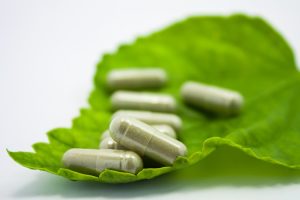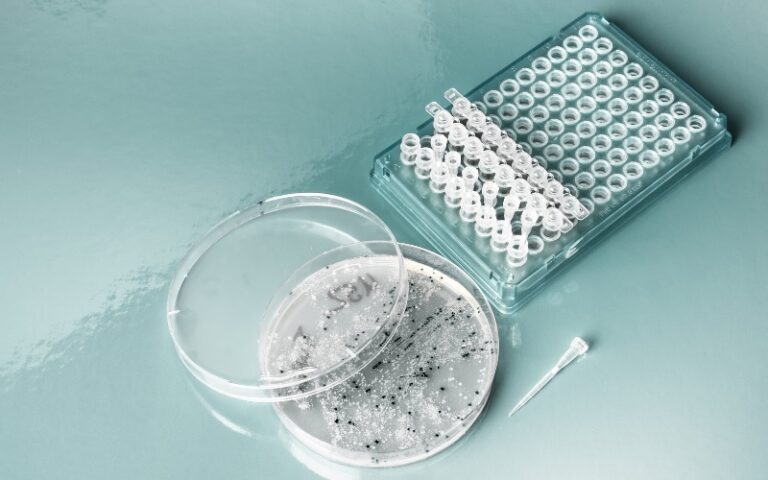If you use any medicine, you need to know that mixing alcohol and drugs might influence your metabolism. Combining alcohol and medication can lead to severe health consequences, including overdose and even death.
Here is what you want to know about the potential unsafe interplays between alcohol and standard prescribed drugs and over-the-counter medicines.
Still, in small measures, alcohol may increase medication side effects such as lethargy, drowsiness, and light-headedness, which may conflict with your concentration and ability to drive a car or any other vehicle and lead to severe or even deadly accidents.
Alcohol interactions with medication
Many medications combine with alcohol. I will give you the list of the most popular prescription and OTC drugs that can act as a danger to your health if mixed with alcohol and what can occur if the substances are united.
- Flu, cold, allergy medication
Avoid drinking alcohol if you are using allergy pills or any multi-symptom cold and flu prescription.
Sleepiness and light-headedness are typical side effects of medicines used to handle allergies, colds, and the flu. When mixed with alcohol, the result is increased. Also, guys from Better Weigh Medical told us that weight loss pills and alcohol should not be mixed.
- Antibiotics
Alcohol might influence how well some antibiotic pills work. It’s most likely that antibiotics may be less efficient at removing the infection for which you are treated if you use them together.
The investigation on combining alcohol with antibiotics is somewhat lacking and unclear. Still, the mixture is associated with tachycardia (rapid heartbeat), unexpected changes in blood pressure, gastrointestinal overthrow, headache, flushing, and liver damage.
- Abortion pills
Alcohol and abortion pill shouldn’t be mixed. It can alter your medication effectiveness and increase bleeding. Some painkillers and drugs that are prescribed to avoid germs will be essentially useless if you drink alcohol. So, after taking the abortion pill, you are not allowed to drink for at least 14 days, but the advice is not to drink till it’s all over.
- Antidepressants
In addition to aggravating the side effects of antidepressant prescriptions, mixing these drugs with alcohol can also make symptoms of depression worse.
Assume you are being administered for depression or another mental health disease such as an anxiety disorder, bipolar disorder, post-traumatic stress disorder, or obsessive- disorder. In that case, you may need to restrict or entirely avoid alcohol.
-
Over-the-Counter Pain Medications
The risks of mixing liquor with prescription drugs are well known. When you pick your medicine up at the drugstore, chances are the description or package enclosure will come with a warning that it is not safe to drink alcohol while you are taking the medication.
However, even medicines that don’t require a prescription can be risky when combined with alcohol. For example, painkillers can cause various symptoms from gastrointestinal upset to bleeding and boil in the stomach to tachycardia (racing heart).
These are some of the most common prescriptions that people mix with alcohol.
In conclusion
Always read the description and package insertion of any medicine you are taking, whether prescribed by your doctor or bought over-the-counter. If you are not convinced if it is safe to drink alcohol while taking medication, call your local drugstore or talk to your doctor about the possible interactions.























